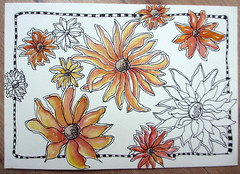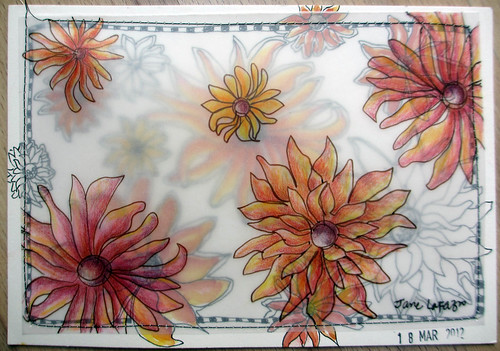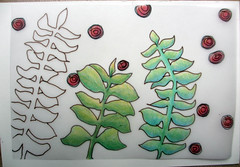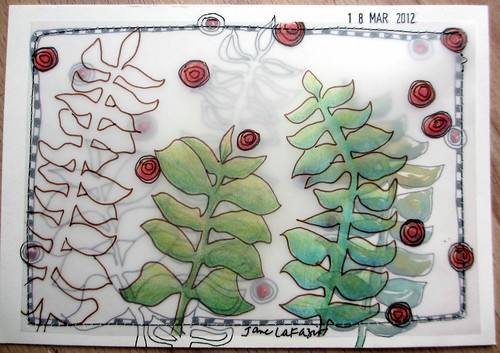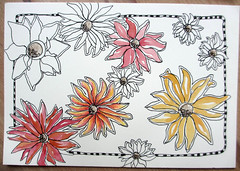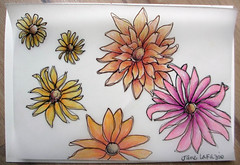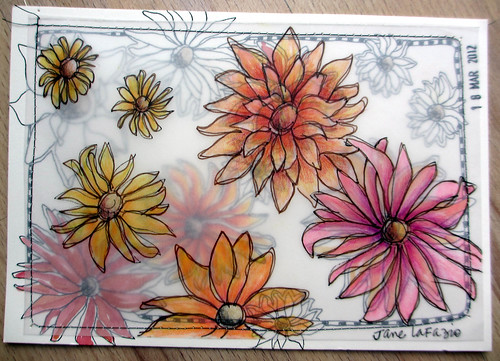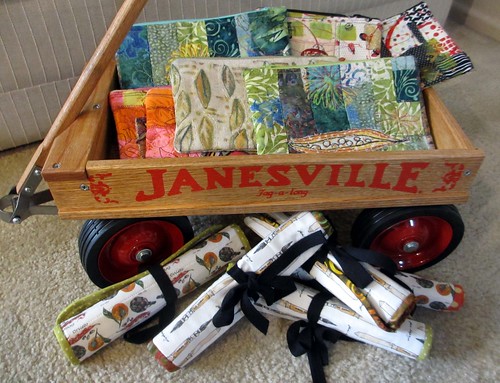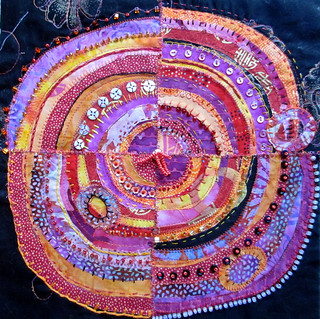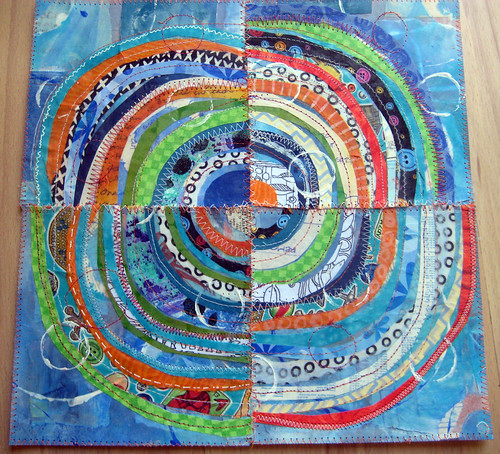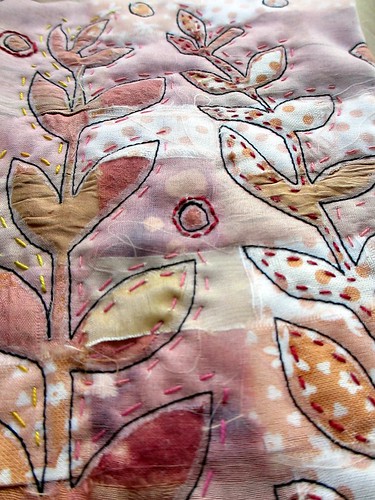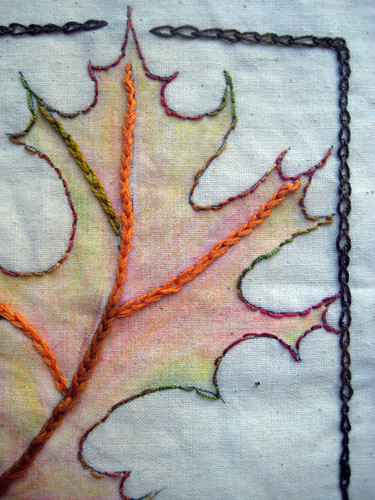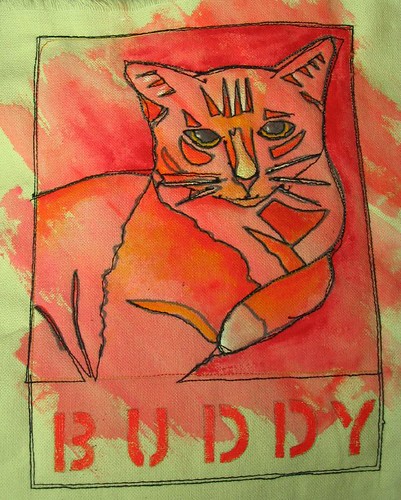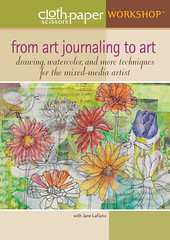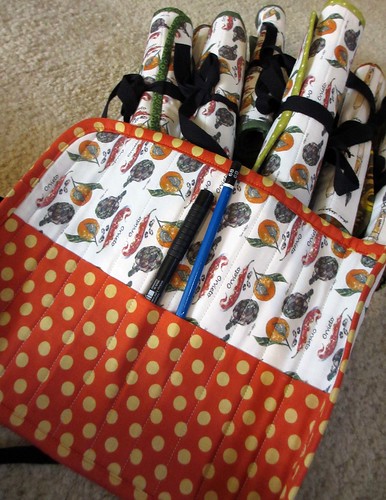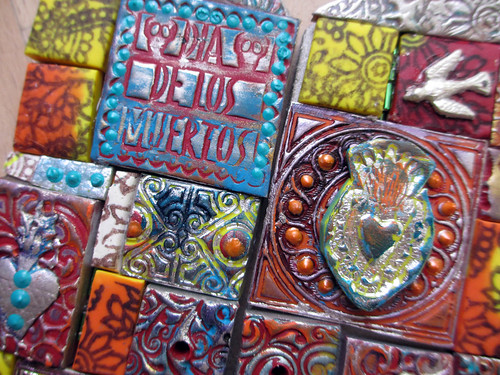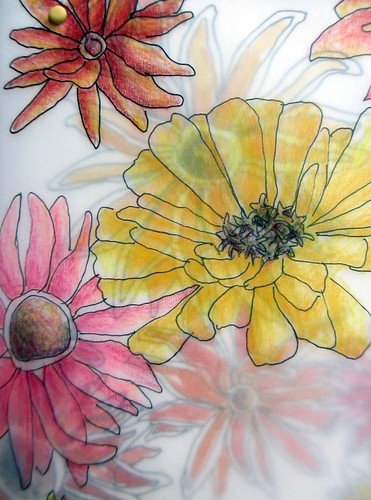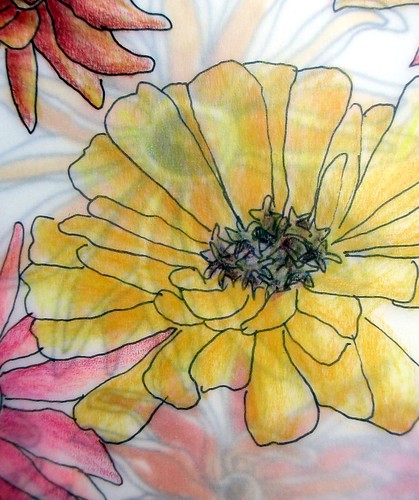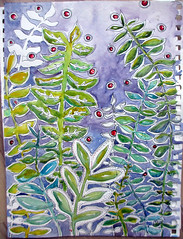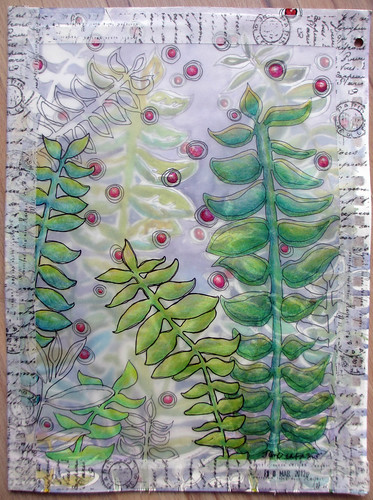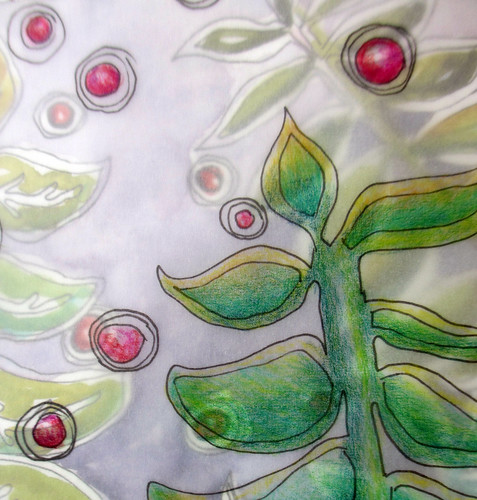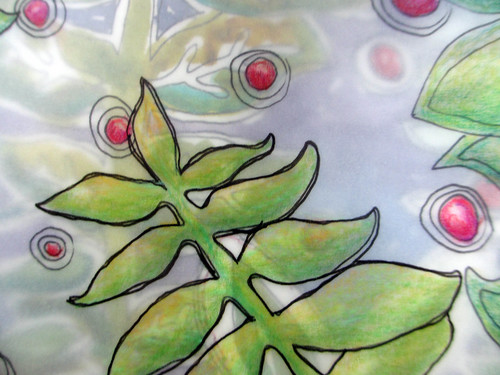 |
| Me, Jane LaFazio, and my husband, Don Strom |
March is Brain Injury Awareness month. My husband, Don, has a brain injury as a result of a brain aneurysm in 1992. Don has aphasia. (Aphasia is an acquired communication disorder that impairs a person's ability to process language, but does not affect intelligence. Aphasia impairs the ability to speak and understand others, and most people with aphasia experience difficulty reading and writing.)
A friend of ours, Dave, also has aphasia and spoke about it last year to a group of students. I asked Dave for a copy of his talk and he generously shared it.
Imagining
By DaveValiulis
My
name is David, and this is a new me.
For
no apparent reason, in March 2008, a clot reached my brain, giving me a stroke.
As a result...
My
right side didn’t work at all and couldn’t speak at all for a while. Back then,
I figured this wasn’t permanent, that soon I would snap out of it. But I was
wrong. It’s been a long 3 years. But I
can walk again, and I can do a lot of things with my right hand now.
But
I’m here to talk mainly about my speech and the hurdles it presented to me at
first…
Imagine
if you had any the following 3 conditions:
· First,
imagine knowing what you want to say but you can’t think of the words to say
it, to have every thought be at the tip-of-the-tongue. There, but unreachable.
This is called expressive aphasia.
· Second,
imagine not being able to remember how to make your mouth say the words you
want to say, groping to find the right mouth positions to say a word. This is
called apraxia of speech.
· Third,
imagine not being able to say words clearly or loudly enough. This is called dysarthria.
Now
imagine suddenly having all 3 of them at once. This was me in 2008. Try to
imagine what it was like when I tried to speak back then.
1.
First, I had to form the thought in my mind. So far so good.
2.
Then I had to see if I could remember the exact words for
that thought. Sometimes that was hard due to my aphasia.
3.
Then I had to see if I could remember how to move my mouth to
make the sounds for those words. Sometimes that was hard too due to my apraxia.
4.
Finally, I had to speak loudly enough and without slurring
to be understood. Sometimes that was hard due to my dysarthria.
5.
And if the person said “Huh?” I had to figure what I did
wrong and start the process all over again.
When
I had my stroke, everything changed …
I was a professional writer
– but now I was being asked if i knew the difference between yes and no, and had to relearn how to make every sound.
I had always been a good
talker – but now I was being praised because I could sing Happy Birthday.
I had always loved being
around people – but now I was afraid to answer the phone or to order anything
at a restaurant.
I had always been good at
word games – but now I confused he
with she and will with would.
I had a PhD – but now when
I tried to speak in public, people sometimes thought I was retarded.
I had always been able to
write quickly and easily – but now it took me ages to make even the simplest
email without leaving out small words like
the and of.
I had lived with my partner
for 30 years – now I couldn’t say his name...or even my own.
Of
all the types of aphasia out there, I’m glad I had expressive aphasia. They say that this type is very hard on the
person who has it because they are aware of their difficulties, which can
lead to emotional problems like depression. This may be true, but I would not
have had it any other way. Because …
· Being
aware of my problems gave me the fire to work hard.
· Being
aware of my problems gave me the ability to see my own progress.
· Also,
my comprehension and reading were not affected. And it made it possible for me to
make complete sentences -- with effort.
And
with lots of effort, I am here 3 years later... the new me is a quieter me, but
it’s still me. I’ve made lots of progress – thanks to my therapists, my family,
and my husband. They have been my cheerleaders, and I love them all.
Thank
you.
 |
| Dave Valiulis |
March is National Brain Injury Awareness Month. Don and I have been involved in the San Diego Brain Injury Foundation for nearly 20 years.



